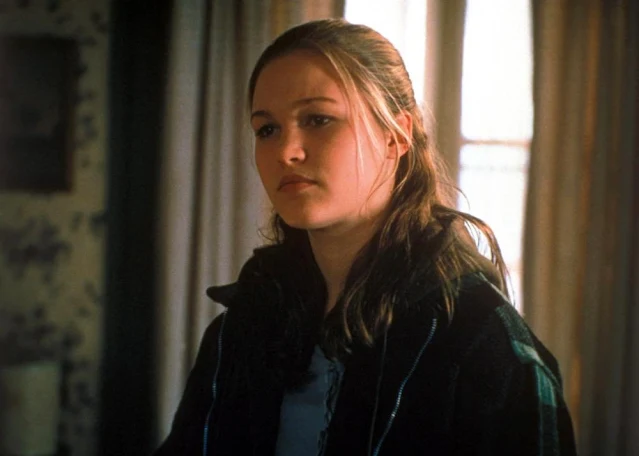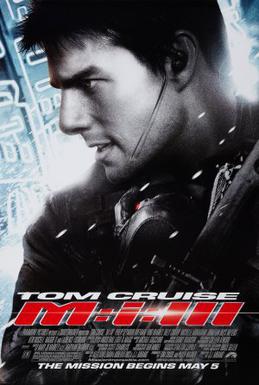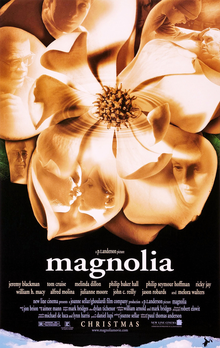 |
| Philip Seymour Hoffman in Love Liza |
Cast: Philip Seymour Hoffman, Kathy Bates, Jack Kehler, Sarah Koskoff, Stephen Tobolowsky. Screenplay: Gordy Hoffman. Cinematography: Lisa Renzler. Production design: Stephen Beatrice. Film editing: Katz, Anne Stein. Music: Jim O'Rourke.
Love Liza is a screwball tragedy. Philip Seymour Hoffman plays Wilson Joel, deep into grieving for his wife, who recently committed suicide. To ease his grief, he takes to huffing gasoline fumes. (It's implied that his wife asphyxiated herself in their garage.) Through a farcical sequence of misunderstandings brought about by his addiction to the fumes, he winds up making friends with Denny (Jack Kehler), an enthusiast for remote-controlled model boats. At this point, the film turns into a kind of road movie, and Wilson's spirits temporarily rise. But all the while he is carrying his wife's suicide note, which he discovered under a pillow on their bed. His mother-in-law (Kathy Bates) and others urge him to open the envelope and read the note, but Wilson fears that it will tell him things he doesn't want to know. It's a remarkably eccentric film that reminds me of Hal Hartley's movies in that you're never quite sure what direction the characters will go next. Hoffman's brother, Gordy, wrote the screenplay, which won the Waldo Salt Screenwriting Award at Sundance, and actor Todd Louiso, in his debut as a feature director, handles the story's frequent and abrupt variations of tone well. The cast gives it their all, especially Hoffman, who provides the right fragility for his character, and Kehler, who makes us believe that Denny wouldn't have cut and run in his first encounter with the obviously disturbed Wilson. It took me a while to adjust to the film's departures from convention, including some background music and songs by Jim O'Rourke that sometimes feel like they're angling away from what's on screen. Inevitably, too, the story of Hoffman's death from an overdose of drugs colors our reactions to his character in the film.

































